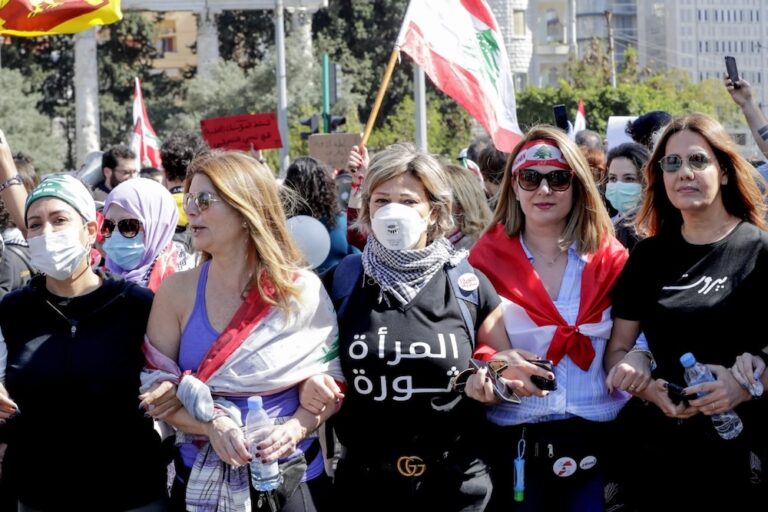(IPI/IFEX) – The following is an IPI press release: Vienna, 27 November 2007 IPI Welcomes European Court of Human Rights Decision Affirming the Right of Journalists to Protect their Sources The International Press Institute (IPI), the global network of editors, media executives and leading journalists in over 120 countries, welcomes the European Court of Human […]
(IPI/IFEX) – The following is an IPI press release:
Vienna, 27 November 2007
IPI Welcomes European Court of Human Rights Decision Affirming the Right of Journalists to Protect their Sources
The International Press Institute (IPI), the global network of editors, media executives and leading journalists in over 120 countries, welcomes the European Court of Human Rights’ (ECtHR) judgement that the raid on a journalist’s home and office was a violation of his right to freedom of expression.
According to information provided to IPI, in early 2002, Hans-Martin Tillack, then the Brussels-correspondent for German Stern (“Star”) magazine, published two articles critical of the European Anti-Fraud Office (OLAF), an agency responsible for investigating fraud in institutions of the European Union. OLAF subsequently accused Tillack of obtaining some of his information by bribing a civil servant within the agency, and filed a complaint with Belgian judicial authorities. The agency’s allegations, later held to be “misleading” by the European Ombudsman, prompted a police raid of the journalist’s home and workplace in March of 2004. Multiple boxes of files, two computers and several mobile telephones were seized during the searches.
Tillack lodged an application with the ECtHR in May 2005, maintaining that the searches constituted a constitutional violation. In its judgment, issued on 27 November 2007, the court agreed, holding unanimously that the raid violated Article 10 of the European Convention on Human Rights, which protects freedom of expression. The court noted that it was “evident” that the real purpose of the searches was to identify the journalist’s source, especially given that Tillack was never formally charged for the alleged bribery. It added that a journalist’s right to protect his or her sources was not a “mere privilege” but “part and parcel of the right to information,” and therefore had to be treated with “utmost caution”. The court awarded Tillack damages of EUR 10,000, as well as EUR 30,000 for incurred costs and expenses.
“This case serves as an important reminder that investigative journalists are particularly vulnerable to ill-motivated accusations aimed at identifying the sources of sensitive information rather than any presumed illegal activity,” said IPI Director Johann P. Fritz. “The court’s clear condemnation of such activity is a welcome reaffirmation of the press’s right to perform its work without undue interference, governmental or otherwise and a forthright rejection of brazen fishing expeditions.”
IPI, the global network of editors, media executives and leading journalists, is dedicated to the furtherance and safeguarding of press freedom, the protection of freedom of opinion and expression, the promotion of the free flow of news and information, and the improvement of the practices of journalism.


